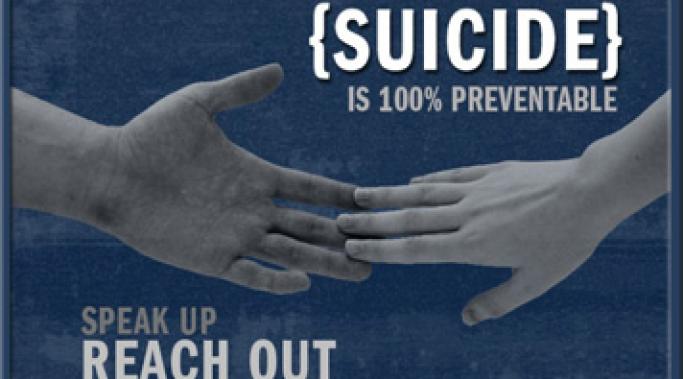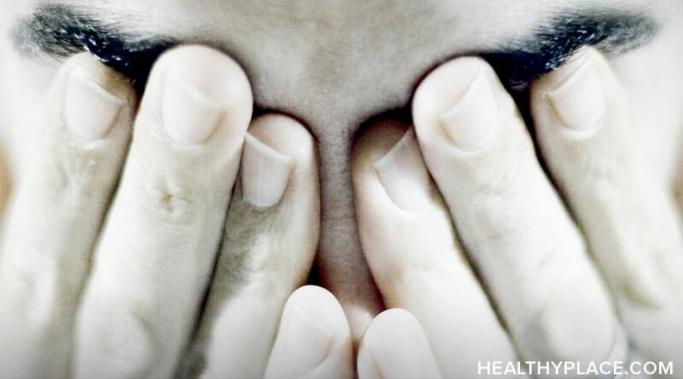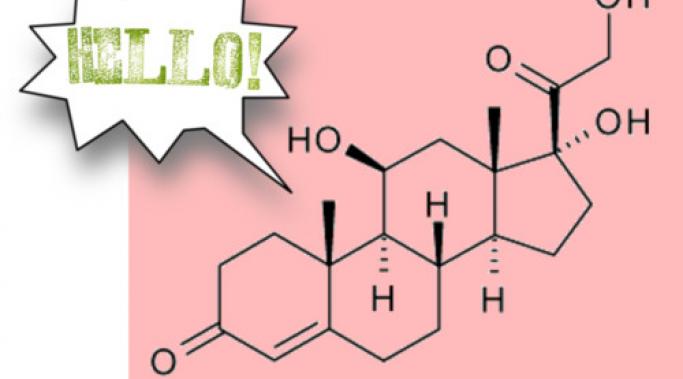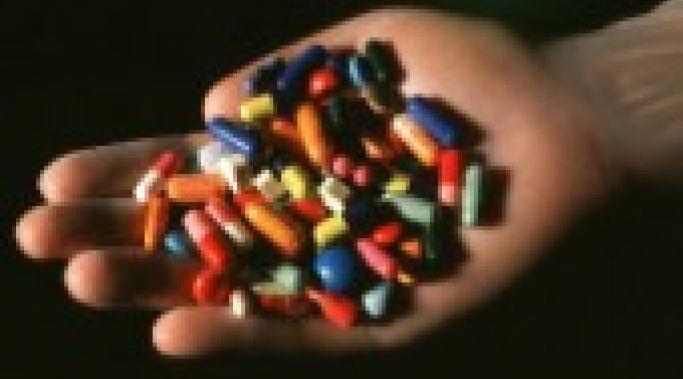Blogs
Now, of course, no want wants to be bipolar, but people do make the conscious decision to admit to their bipolar disorder online. There are many reasons to do this but often people want to be able to express themselves in catharsis or reach out for support. These are perfectly good reasons.
But, unfortunately, that decision is not always met with understanding and support. In fact, sometimes it’s met with vicious hatred.
Not long ago I was in touch with someone newly-diagnosed with bipolar disorder who had started a blog to express his feelings on it. He was just an ordinary guy trying to do his best to make sense of the senseless.
And what happened? Quite simply he was attacked on all sides from the antipsychiatry crowd. Somehow they found him, zeroed in on him, and hounded him with hatred until he slinked off of Twitter altogether.
This is pretty straight forward-I think."The Pink Elephant" can represent our mental illness. Nobody can see it, but we know that it's there.
Can You Define The Meaning of the "Pink Elephant?"
I'm talking about suicide, and I won't hold back. A friend of mine killed himself this week. He wrapped a noose around his neck and took his own life. I’m talking about it. And I’m not sugar-coating it. The statuses of those who knew him dominate my Facebook newsfeed, and I’m noticing that although everyone knows what happened, no one mentions it in writing. No one is openly talking about what took this young man away from us 30 or 40 years too soon (Understanding and Helping the Suicidal Person).
Your response to verbal abuse can, technically, make you abusive -- at least in that moment. And I'm willing to bet that most anyone who has been on the receiving end of long-term verbal abuse tries to fight fire with fire at some point. It's almost impossible to not retaliate against verbal abuse with more abuse initially, in the time before you understand that you're in an abusive relationship and before you learn better ways to respond to verbal abuse. In my case, my abusive response to verbal abuse turned me into someone I didn't like at all.
Last fall, I started reading more about cortisol, an adrenal hormone perhaps best known for its role in the fight or flight reaction. I’d heard a lot of chatter about how we’re all drenched in the stuff on account of modern life is like fighting hungry lions only without all the hungry lions. And it occurred to me that if busy work schedules and not enough down-time could produce enough excess cortisol to get medical doctors pushing things like meditation, living with trauma disorders like Dissociative Identity Disorder (DID) and Post-Traumatic Stress Disorder (PTSD) must be as dangerous as battling a pride of hungry lions on the edge of an active volcano during a hurricane.
"Ben is so lucky to have you."
I hear that a lot, from healthcare providers who often don't even know the families of those they treat and from PAMIs (People Affected by Mental Illness) who usually add one of three things:
their family has given up on them - and they grieve the loss
their family has somehow made their recovery more difficult and they are glad to have broken free from them, or
their family has been a major part of their desire to stabilize, and they are so grateful for the love and support.
One of the most validating things I heard at the NAMI National Convention was this, from the producer of a photo collection called 99Faces Project: that a UCLA psychiatrist was quoted as saying that the most important common link among those in successful recovery was this: someone who loved them anyway, and walked alongside them on the journey.
I plan to be that for my son, carefully balancing, as much as possible, the letting go with the support when needed. That is a tough balance to achieve, but the success is in the desire to do so. This is Ben's journey, not mine, but I do always want him to feel our love.
I have been seeing a psychiatrist for about 14 years now. There have been many different individuals, but I’ve been seeing one or another for most of that time.
And in all of that time I’ve noticed something – I get anxious before a psychiatric appointment. Even though I’ve been doing this seemingly forever, when it actually comes time to sit in the waiting room and then be taken to the tiny room with the dingy paint, I feel anxious.
When you are diagnosed with a mental illness one of the first things you are told is that you need mediation in order to become well. And this is true--particularly with the diagnosis of chronic mental illness-- but medication does not ensure stability. It would certainly be nice if it did.
Coming to the Conclusion That Psychiatric Medication Cannot 'Cure' Mental Illness
I am...
A friend. A daughter. A sister. A writer. A lover of books and all things word-related. An intelligent, engaging person. A mom to my furry cat, Aliena. A curious, lively person who believes in learning.
I am me. I am not my eating disorder.
Sometimes it is hard to remember that.
Response to my recent audio blog welcoming applications for the position of summer intern was overwhelming! (Who knew so many people are interested in the rapidly expanding field of mental health humor!) Finalist names appear below.
Our Finalists
1. Nigel Frampton
2. Priscilla Scintilla
3. Chumley Throckmorton
4. Isadora Doughnutz
5. Pasquale Pontevecchio
6. Salma Chanted Evenning
7. “The Quandary”
8. Polly Purebread
9. Marcel “School Spirit” Witherspoon
Congratulations to all of these plucky contenders – and to every one who entered. You’re all winners! (Okay, technically, you’re all losers but as part of today’s PC climate we have to put a positive spin on things.)






![MP900444553[1]](/sites/default/files/styles/blog_listing/public/uploads/2012/07/MP9004445531.jpg?itok=GnVkuGu7)


